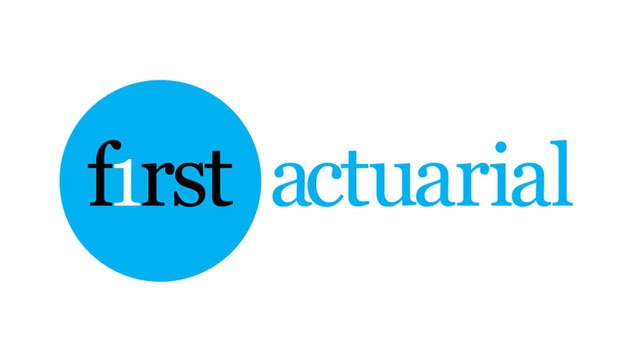How pension aware are you and your colleagues?
Many people have no real understanding of their pensions. They’re unable to plan their long-term finances. And they may have no idea whether their State Pension and other pensions will be enough to live on. Worse still, they’re vulnerable to pension scammers ready to strip them of their retirement savings.









